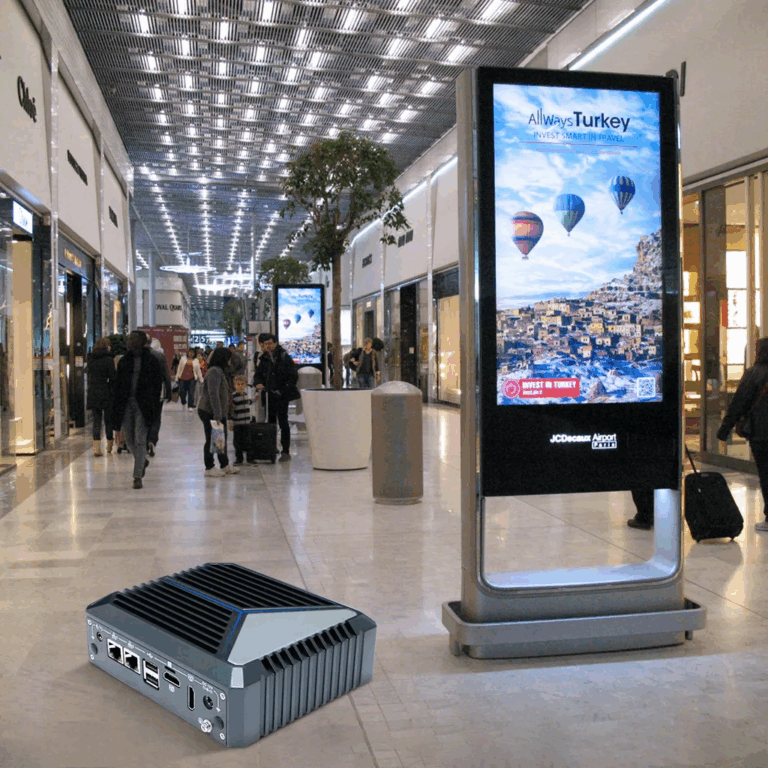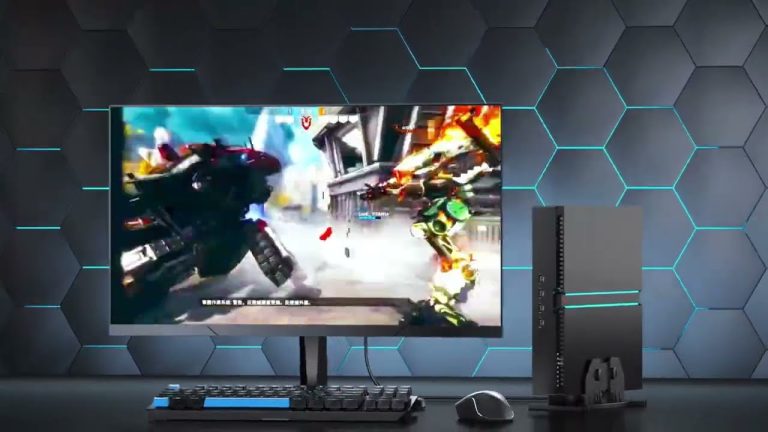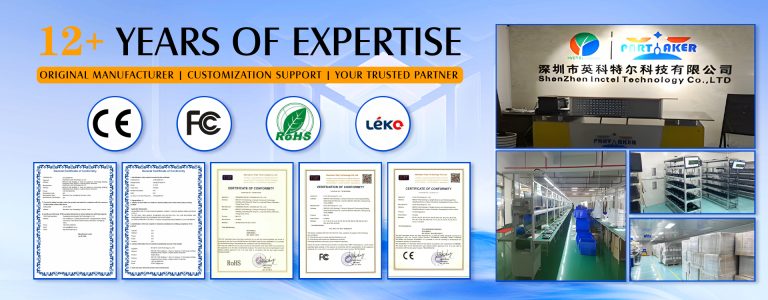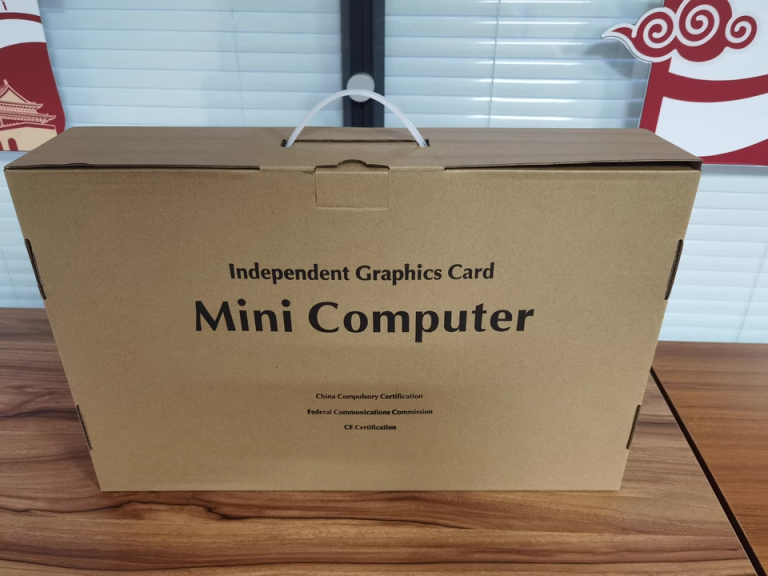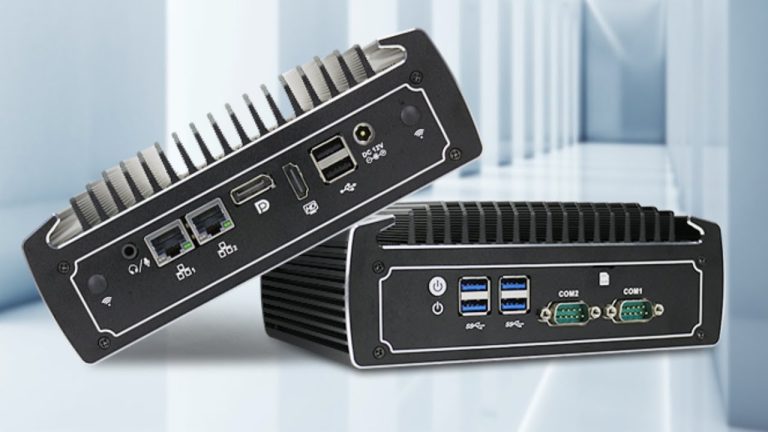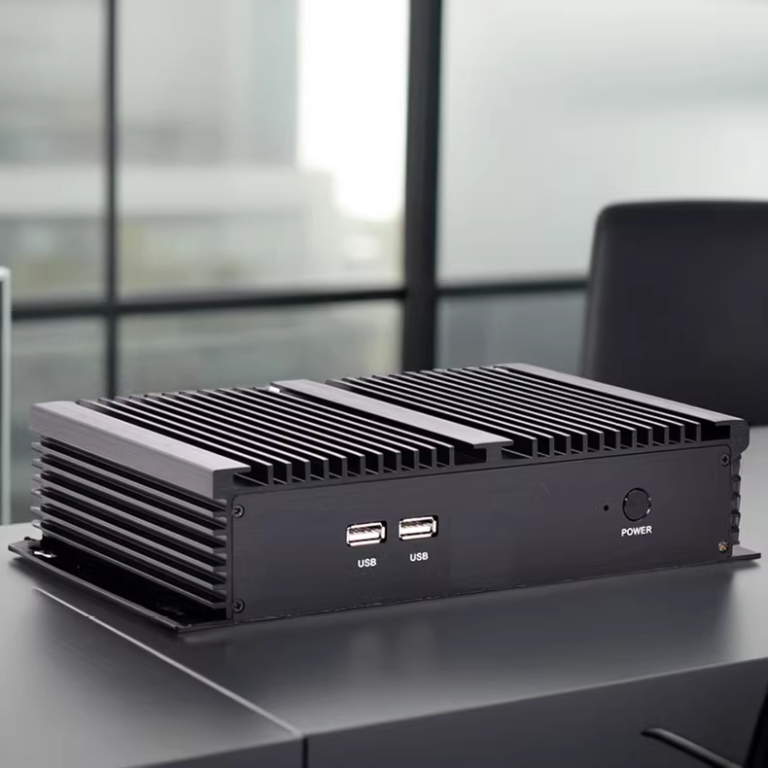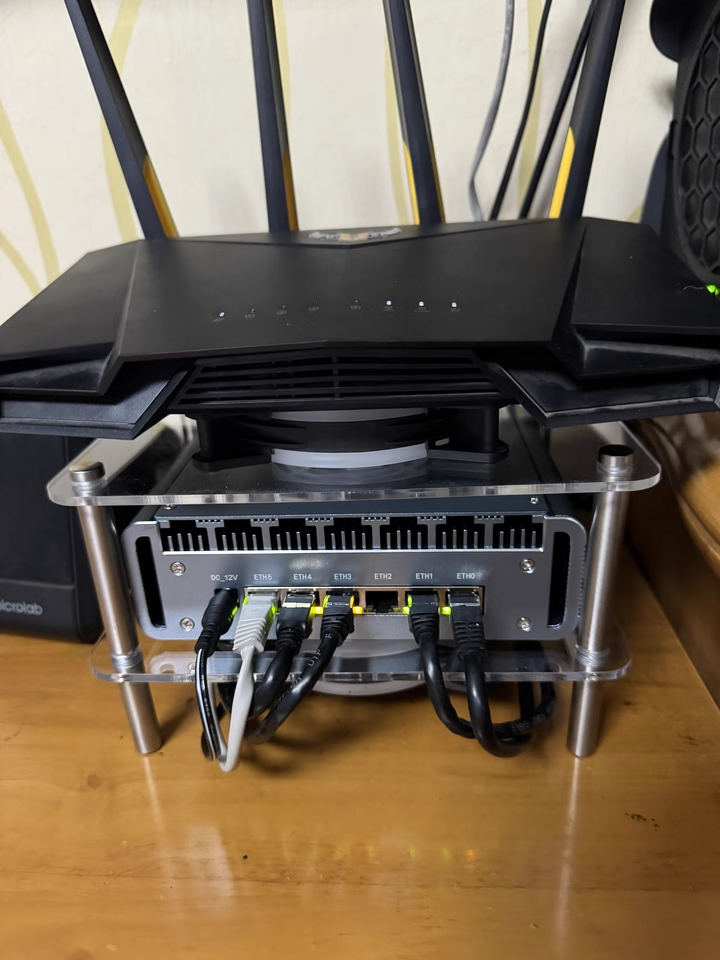Desktop PC vs. Mini-PC: Which is Better?
Choosing the right type of computer can be as pivotal as selecting a new home. For it may impact daily productivity, entertainment, creativity, and beyond. Today, we explore the traditional desktop PC and the compact mini-computer, each of which has its unique advantages and scenarios where it shines the brightest.

How Desktop PC Compares to Mini-Computer
Below is the detailed comparison between Desktop PCs and Mini-Computers:
| Feature | Desktop PC | Mini-Computer |
| Size | Larger, requires more space. | Extremely compact, ideal for small spaces and travel. |
| Performance | High performance, suitable for demanding tasks. | Good for general computing, but less suitable for high-end tasks. |
| Customization | Highly customizable; supports upgrades like RAM, GPUs, etc. | Limited customization due to size and heat dissipation constraints. |
| Energy Efficiency | Generally consumes more power. | Consumes less power, more energy-efficient. |
| Scalability | Can evolve with technological advances, allowing for hardware upgrades. | Limited scalability and upgrade options. |
| Ideal for | Gamers, video editors, professionals requiring high performance. | Users with space constraints, needing moderate performance. |
Desktop PCs are known for their robust performance and scalability, making them the ideal choice for power-intensive applications like gaming, video editing, and professional-grade software that demand substantial processing capabilities. They allow for extensive customization, so you can upgrade processors, add more RAM, or switch out graphics cards as needed to keep up with technological advancements. This adaptability makes desktop PCs a favorite among professionals and tech enthusiasts who require cutting-edge performance and the flexibility to enhance their system over time.
On the other hand, mini-computers offer distinct advantages in terms of size and energy efficiency. Their compact form allows them to fit easily behind monitors or inside small bags, which is perfect for those with limited space or the need for a portable computing solution. They consume much less power than desktop PCs, which not only helps reduce energy bills but also supports eco-friendly practices. Despite their small size, modern mini-computers are quite capable, efficiently handling general computing tasks such as web browsing, document editing, and media playback. However, they are not suited for more hardware-intensive tasks like high-end gaming or advanced graphic design, mainly due to their limited ability to dissipate heat and fewer options for upgrading hardware.

Desktop PC vs. Mini-Computer: How to Choose
If your computing needs involve demanding tasks such as 3D modeling, advanced video editing, or high-resolution gaming that require substantial processing power, a desktop PC is the optimal choice for its capability to handle these intensive applications effectively. Conversely, if you prioritize a compact and portable option that fits easily into small spaces or needs to be moved frequently, a mini-computer is ideal. It offers enough power for basic computing tasks like web browsing, document editing, and media consumption, making it suitable for users who value mobility and simplicity in their computing setup.
Final Words
Both desktop PCs and mini-computers have their merits, making the choice between them dependent on individual needs and environments. Desktops excel in high-stakes performance and expandability, making them ideal for power users who need their systems to stay at the cutting edge. Mini-computers, on the other hand, answer the call for space efficiency and energy conservation, suitable for everyday tasks and those with streamlined setups.


